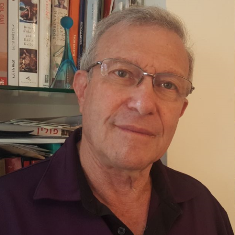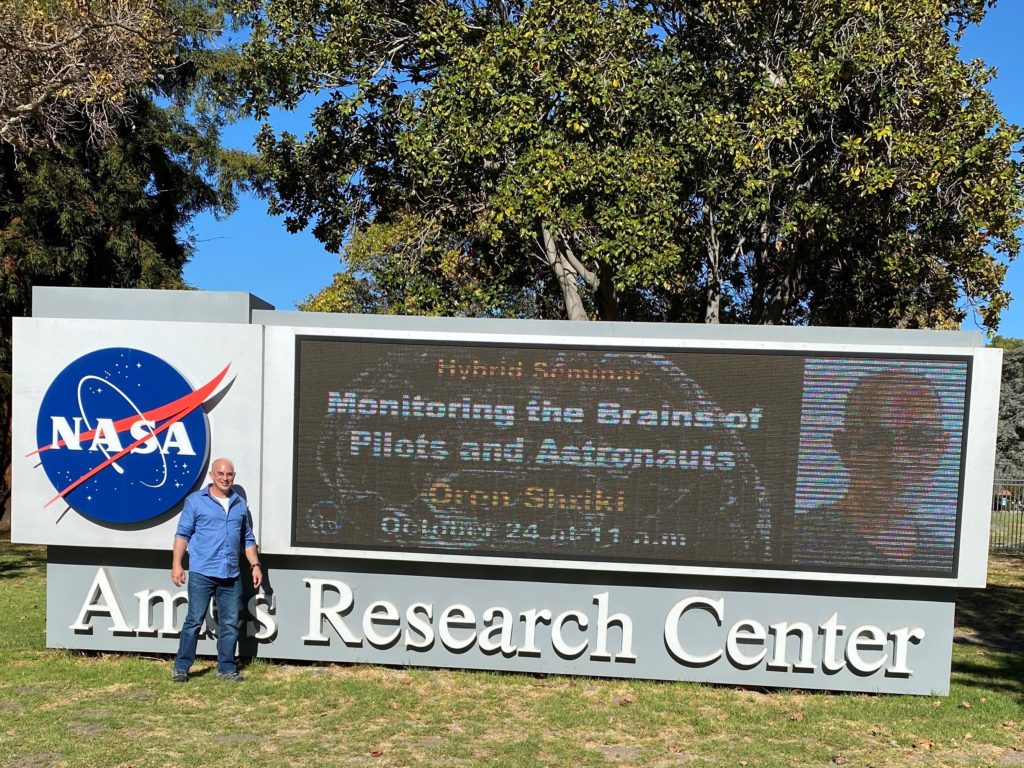
Easier Way to Deliver Parkinson’s Medication
Easier Way to Deliver Parkinson’s Medication
July 26, 2017
NeuroDerm, a clinical-stage pharmaceutical company, started when three very smart friends tossed around ideas for a better way to treat Parkinson’s disease.
Department of Clinical Biochemistry and Pharmacology member Prof. Eli Heldman, along with two fellow Israelis, Dr. Moshe Kushnir and Dr. Haim Shlesinger, created NeuroDerm to deliver the drug levodopa, which increases dopamine levels in the brain and reduces Parkinson’s symptoms.

Prof. Eli Heldman
In order to be effective, levodopa needs to be continually pumped into the body, an impossibility when the medicine is in pill form. NeuroDerm, however, is the first to develop a liquid formulation of levodopa, which can be administered through special miniature pumps subcutaneously.
What’s more, NeuroDerm announced recently its sale to Mitsubishi Tanabe Pharma Corporation (MTPC) for $1.1 billion, Israel’s largest pharmaceutical exit to date and an enormous vote of confidence in the company’s Parkinson’s treatment.
“We believe that this transaction will yield important benefits for Parkinson’s disease patients that urgently need new therapies,” says Oded S. Lieberman, Ph.D., NeuroDerm’s chief executive officer.
“We are confident that the combination of MTPC’s resources and the robust data supporting our product will help make this important new therapy available as broadly and rapidly as possible.”
NeuroDerm is in Phase III clinical trials in the United States with results expected later this year. Clinical trials to be held in Europe are expected to yield results in 2018.
In addition to his work on NeuroDerm, Prof. Heldman is part of the research team that developed V-Smart™ Nanomedicines, a targeted drug delivery system that can help treat a variety of central nervous system diseases and brain malignancies. V-Smart™ is currently being developed at the Lauren Sciences Lab at BGU.



